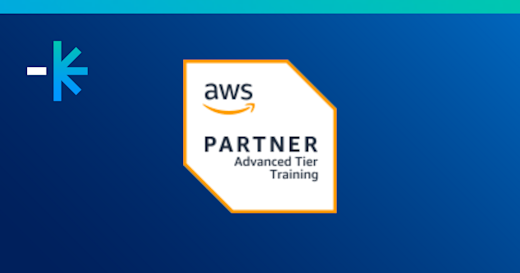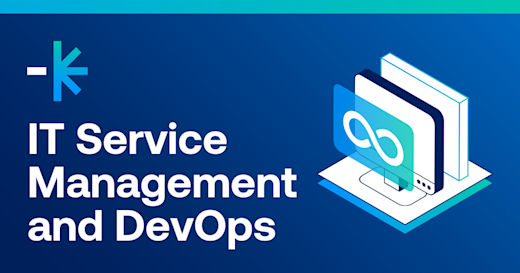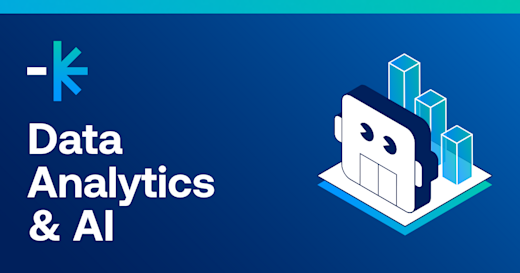Got a question? Call 1800 853 276 | Login
“Agile” is a modern, flexible approach to software development, designed to create more visible, adaptable, and value-generating workflows.
This process abandons the sequential procedure of the “Waterfall Model” – in which projects progress through a structured life cycle. Development flows from one step the another, these typically being requirement analysis, design, implementation, testing, and maintenance. Once a project reaches the final step, the cycle is then repeated for the next one.
Agile methodologies, on the other hand, are made up of several iterative stages (also known as “sprints”). The process begins with a client’s requirements, sending teams through repetitive cycles of planning, executing, and evaluating their product – until they reach a final deliverable that best meets their client’s needs.
Agile methods are thus more focused on continuous improvement, collaboration (among both team members and project stakeholders), and on a business’ clients and customers. The approach is well-praised for its flexibility and its focus on quality; with 75% of companies (surveyed by The State of Agile) currently using agile for its accelerated software delivery.
If you’re looking to enter the project management field in IT – we discuss how Agile training may just give you the career boost you need.
Learn to respond more flexibly and efficiently to customer needs
According to statistics by Workamajig, the causes of project failure include changes in project objectives (37%), inadequate or vague product vision (29%), and poor communication (29%).
With Agile, open collaboration and customer needs are consistently at the forefront of product development – ensuring these issues remain as minimal as possible.
Its iterative process provides developers with greater flexibility and adaptability, helping them respond to and accommodate changing client needs throughout the project’s lifespan. This allows them to easily and more efficiently craft an end product that accurately represents (or even exceeds) the customer’s vision.
Agile methods also thoroughly involve clients in the development process. Continuous feedback is exchanged between team members and stakeholders, ensuring the highest-quality product possible. Customers are also provided with an overview of the product’s current functionalities with every sprint review, giving them full transparency of a project’s progress and encouraging criticisms or further suggestions.
Those who undertake Agile training will learn to operate under this adaptive model – equipping them with flexible project management techniques that lead to greater team collaboration, communication, and customer satisfaction.
Learn to speed up product development (while maintaining quality)
Agile training can also equip aspiring project managers with methods of accelerating product development.
With clients being largely involved in the development process, developers can easily make quick updates and improvements upon request – saving teams plenty of time from traditional, lengthy feedback and review procedures.
Through its incremental process, all team members and stakeholders are also able to focus on the tinier details – ensuring these are accurately addressed and done right, before moving on to the next phase or sprint.
The entire process allows for more efficient, adaptive product creation; while remaining detail, quality, and customer focused. As a result, agile teams are able to bring products quicker to the market, granting them “First Mover Advantage” and reaping a faster ROI. Additionally, faster market releases help them gauge and assess customer reactions at an early stage – allowing them to make any necessary tweaks or upgrades to keep ahead of the competition.
Project managers who train in Agile methods can thus help their teams stay sharp, flexible, and quick on their feet in the rapidly-paced, ever-evolving consumer markets of today.
Boost collaboration in the workplace
Agile relies on teams and stakeholders working closely together to solve problems, improve processes, and accurately achieve the customer’s vision for the product. The methodology is an inherently collaborative practice that includes developers, project sponsors, consultants, project managers, and the client.
Through agile methods, project members maintain consistent communication – maintaining transparency on all project details, progress, and feedback. This leaves little room for misunderstandings, resulting greater productivity and team cohesion. Familiarising workers with Agile also fosters an environment of clear, open communication and interaction; leading to healthier workplace connections overall.
Feedback is also provided faster and more regularly, encouraging a culture of knowledge-sharing and team support. This creates opportunity for more fruitful, creative discussions – resulting in a more innovative, diverse pool of ideas. Team members can also learn from each other’s skills and experience, leading to individual professional growth and higher team morale.
Additionally, developers can use sprint reviews to interact directly with clients and stakeholders – ensuring everyone is in the loop, and that customer preferences are accurately addressed and kept in mind.
Agile training can thus help project managers foster a more collaborative workplace; one that values transparency, open communication, and new ideas.
Learn to reduce risk and control projects more effectively
Through its dedication to continual improvement, and its sharp, consistent focus on detail – Agile enables teams to have finer control over their products.
The repetitive process of sprints provides members with greater project “predictability”; where they’re able to better estimate the costs, required timeline, and other necessary requirements of a given project. Regularly documenting these iterations can also help workers predict individual sprint performance.
Agile’s multiple cycles also provide all team members and stakeholders with many opportunities to conduct risk inspections, recognise flaws, and implement upgrades as necessary.
In contrast to the Waterfall method, where testing is usually left until the final product is completed, the iterative testing of agile methods help developers pinpoint and rectify issues throughout the project’s lifespan. They thus resolve problems as they crop up during development, alleviating risks or failures upon product release.
Additionally, Agile ensures that there is always a working a product from the very first sprint – eliminating the possibility of complete failure. From here, teams can either “fail fast” and change course, or review existing product functions and make improvements or changes as necessary.
Through learning Agile, project managers can equip themselves with methods of achieving guaranteed project success, helping them promote greater workplace productivity and business profits.
Boost your project management career with agile training today!
In 2017 Forbes survey of over 500 senior executives – a whopping 92% believed “organisational agility” to be a critical factor of business success.
Agile methodologies – true to their name – can effectively achieve this; promoting an innovative product development process that ensures greater speed, collaboration, and greater product quality.
DDLS, Australia’s leading provider of corporate IT and process training, currently offers certification in Agile Project Management (in partnership with AgilePM®). Aspiring project managers can learn the practice essentials under our Foundation course, with the option to further refine their skills through our in-depth Practitioner course. Students can effectively equip themselves with the skills and knowledge required to foster more flexible, adaptive teams for the modern IT landscape.
Additionally, our DDLS Anywhere platform provides the option of virtual training – helping you study according to your needs and schedule.
Sharpen your skills in project management, and pursue Agile training with us today. Contact us to enquire. Access our EBook on project management frameworks.







